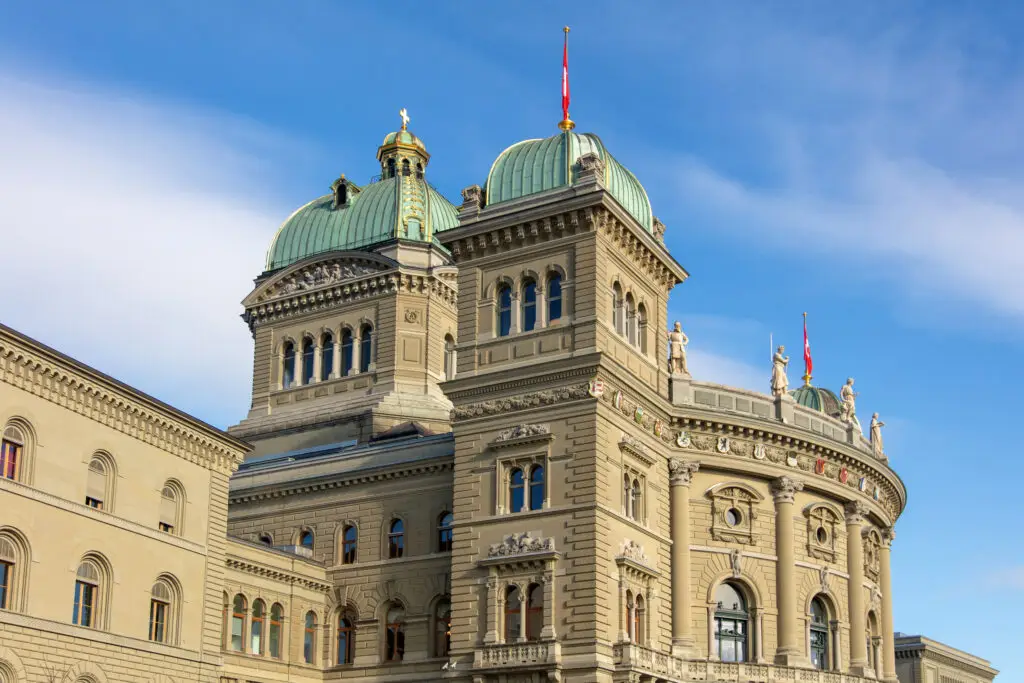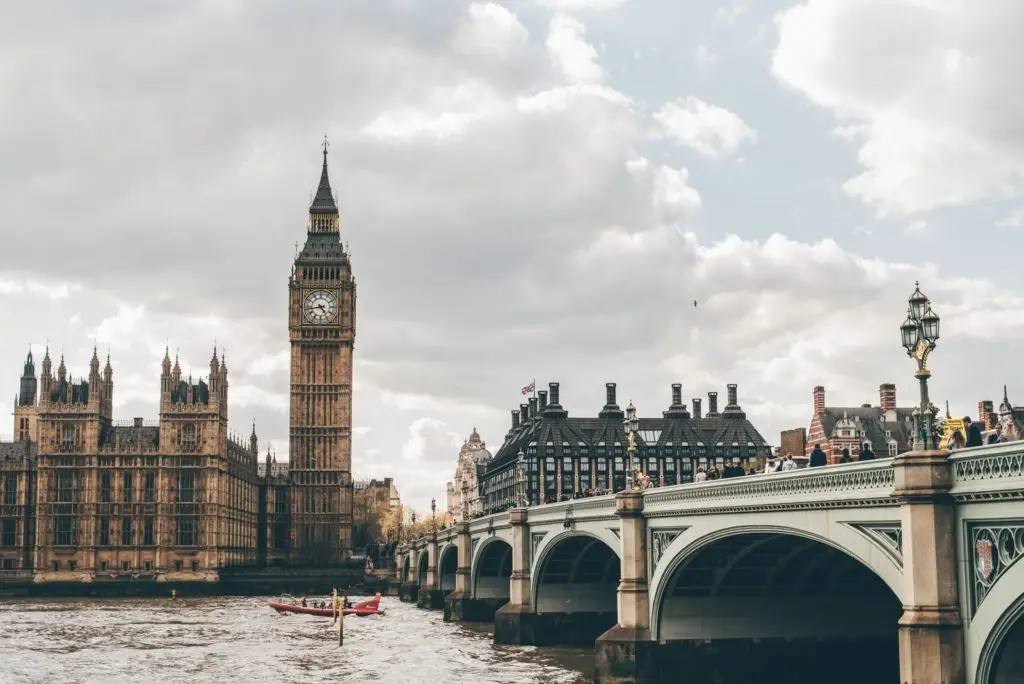A mansion tax will be fair, simple and pay to save the NHS
Politics is about choices. And over the coming months the country faces a big choice about the future of our National Health Service. Here in London and across the country our NHS is going backwards: it’s getting harder to see a GP, nurses have been cut and waiting lists are going up. There’s a looming crisis as the pressure on NHS budgets gets tighter in the years ahead.
So the choice is either to allow the NHS to continue going backwards, or accept that — alongside reforms — the NHS needs more funding.
Labour will not duck this challenge and, following the party conferences, we are now the only party with a plan to save and transform the NHS.
If we win the election we will raise £2.5 billion a year, on top of the Tory spending plans we inherit, for an NHS Time to Care Fund. This will support an additional 20,000 nurses and 8,000 GPs. And, as Ed Miliband announced this weekend, our extra funding means we will guarantee patients in England will wait no longer than one week for cancer tests and results by 2020.
Alongside a levy on tobacco firms, action to tackle tax avoidance and close loopholes, £1.2 billion of this much-needed revenue will be raised through a tax on prime value properties worth more than £2 million today — less than 0.5 per cent of homes in our country.
When working people are already paying more and have seen their wages fall by an average of £1,600 a year since 2010 I believe it is right to ask those who have the most to make a bigger contribution.
As I said earlier this year, we will raise the starting threshold as prices rise. And rather than raising it in line with overall inflation, we will do so in line with the average rise in prices of high-value properties over £2 million. This will ensure that the number of properties paying the tax will not increase. If prime property prices continue rising then by the time the tax is introduced the starting point will be higher than £2 million.
Second, the tax will be administratively simple. A banded system means valuations will not be needed for most properties as it will be clear which band — for example £2 million-£3 million — the property falls into. As with the Government’s new tax on properties bought through companies, owners will be able to submit a self-valuation to HMRC.
Third, as we have always said, the tax will be progressive. We will ensure those owning properties worth £2 million-£3 million will only pay an extra £250 a month through this new tax — the same as the average top band of council tax. Owners and investors in properties worth tens of millions of pounds should make a much bigger contribution. And we will look at asking overseas owners of second homes in the UK to make a larger contribution than people living in their only home.
And finally, as I wrote on this page in June, we will protect the small minority of people who are asset-rich but cash- poor. Long-standing residents who now find themselves living in high-value homes but do not have an income high enough to pay the higher or top rate of income tax — in other words earn less than £42,000 a year — will be guaranteed the right to defer the charge until the property changes hands.
Source: Extract from an article – Evening Standard.





